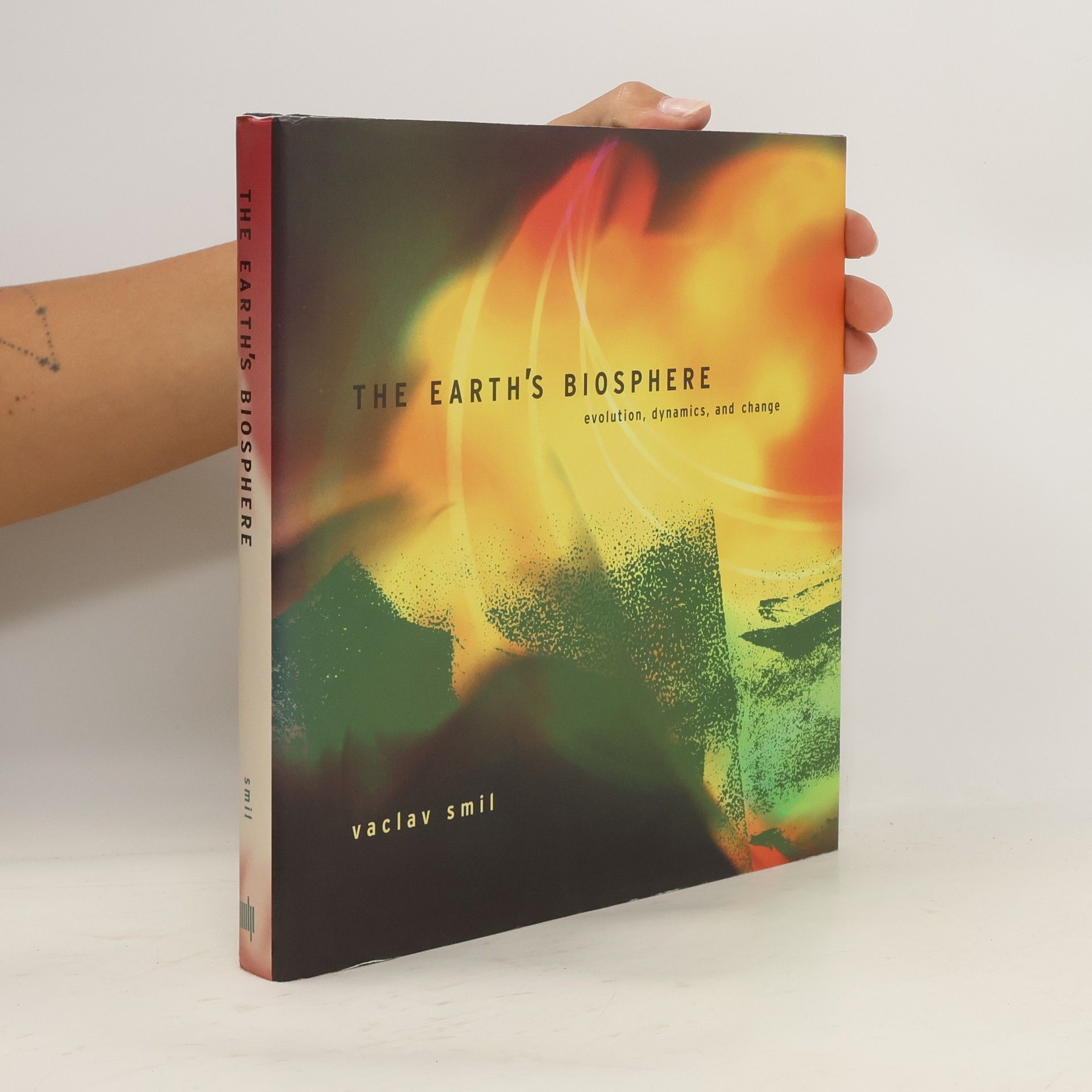Prime Movers of Globalization
- 272pages
- 10 heures de lecture
The story of how diesel engines and gas turbines, used to power cargo ships and jet airplanes, made today's globally integrated economy possible.
Václav Smil est un savant distingué dont le travail explore la relation complexe entre l'énergie, la civilisation et le progrès technologique. Ses écrits abondants examinent les forces fondamentales qui façonnent les sociétés humaines et l'avenir de la planète. Grâce à une analyse rigoureuse et à une perspective unique, Smil offre des aperçus profonds sur des systèmes complexes, encourageant les lecteurs à reconsidérer leur compréhension de la vie moderne et de ses dépendances.







The story of how diesel engines and gas turbines, used to power cargo ships and jet airplanes, made today's globally integrated economy possible.
A realistic yet encouraging look at how society can change in ways that will allow us to feed an expanding global population. schovat popis
Examines the Earth's biosphere, including its workings, interactions, and complexity.
The book presents a compelling argument about the complexities and lengthy nature of energy transitions, emphasizing that underestimating these factors leads to unrealistic expectations regarding the rapid reduction of fossil fuel dependency in the U.S. and other economies. It challenges prevailing narratives and explores the implications of this misunderstanding for future energy policies and global economic strategies.
The transformative period from 1867 to 1914 marked a pivotal moment in history, characterized by the rise of a civilization fueled by innovative technologies and scientific advancements. Key developments, such as the invention of dynamite, played a crucial role in shaping industries and societies. This era laid the groundwork for modernity, highlighting the synergy between energy sources and technological progress, which fundamentally altered human life and set the stage for future advancements.
In this book, Vaclav Smil argues that power density is a key determinant of the nature and dynamics of energy systems. Any understanding of complex energy systems must rely on quantitative measures of many fundamental variables. Power density -- the rate of energy flux per unit of area -- is an important but largely overlooked measure. Smil provides the first systematic, quantitative appraisal of power density, offering detailed reviews of the power densities of renewable energy flows, fossil fuels, thermal electricity generation, and all common energy uses. Smil shows that careful quantification, critical appraisals, and revealing comparisons of power densities make possible a deeper understanding of the ways we harness, convert, and use energies. Conscientious assessment of power densities, he argues, proves particularly revealing when contrasting the fossil fuel--based energy system with renewable energy conversions. Smil explains that modern civilization has evolved as a direct expression of the high power densities of fossil fuel extraction. He argues that our inevitable (and desirable) move to new energy arrangements involving conversions of lower-density renewable energy sources will require our society -- currently dominated by megacities and concentrated industrial production -- to undergo a profound spatial restructuring of its energy system
Fritz Haber, Carl Bosch, and the Transformation of World Food Production
The book highlights the critical role of ammonia synthesis in supporting global population growth, emphasizing its significance over other technological advancements like airplanes and nuclear energy. Dr. Smil, a leading expert on nitrogenous fertilizers, explores how this industrial process has fundamentally transformed agriculture and society, enabling the world’s population to expand from 1.6 billion in 1900 to six billion today.
A comprehensive, systematic, analytically unified, and interdisciplinary treatment of energy in nature and society, from solar radiation and photosynthesis to our fossil fuelled civilization and its environmental consequences.
An interdisciplinary and quantitative account of human claims on the biosphere's stores of living matter, from prehistoric hunting to modern energy production.
A realistic yet encouraging look at how society can change in ways that will allow us to feed an expanding global population.